NYC rental subsidy aims to build more affordable housing in wealthy neighborhoods

Image courtesy of mari small on Unsplash
The city on Tuesday announced plans to subsidize mixed-income rental projects in neighborhoods with few low-cost homes as a way to jumpstart development following the end of the 421-a tax exemption. The new program, called the Mixed Income Market Initiative (MIMI), would make public money available for the first time to projects with both affordable and market-rate units, with the goal of incentivizing developers to build more affordable homes using revenue generated from the market-rate apartments.
“New York City is in the midst of a housing and affordability crisis, so we must explore every creative idea to deliver the relief New Yorkers need,” Mayor Eric Adams said.
“As someone who grew up on the edge of homelessness, allowing New Yorkers to feel insecure about their housing situation is simply unacceptable. The Mixed Income Market Initiative is an example of how our administration is refusing to accept the status quo, and, instead, is relentless in our efforts to accelerate housing production, cut red tape, and get New Yorkers into safe, quality, and affordable homes.”
The 421-a tax abatement expired in June 2022 without a replacement program; since then, new housing construction has dropped significantly this year. According to a report released this fall by the NY Building Congress, construction of new residential units in New York City dropped by 62 percent in 2023, due to the expiration of the tax break and high interest rates.
The city says MIMI will serve as a complement to the program. The city’s Department of Housing Preservation and Development issued a Request for Expression of Interest and applications will be due in February.
Proposals must contain at least 70 percent affordable housing, with at least 15 percent designated for formerly homeless New Yorkers and 10 percent as rent-restricted units, according to the New York Times, and 30 percent market rate.
The proposals can include a variety of housing options, including apartments for formerly homeless New Yorkers, supportive housing units, and a mix of income-restricted units with rents between 0 and 120 percent of the area median income, and market-rate units.
The city will give preference to projects with the deepest affordability that also use public resources the most efficiently.
“Today, this administration introduces yet another innovative housing finance tool called the Mixed Income Market Initiative (MIMI),” Deputy Mayor for Housing, Economic Development and Workforce Maria Torres-Springer said.
“MIMI will surface new models for combining public resources and private financing to produce new homes for working families, seniors, children, and all New Yorkers who are struggling, with a particular focus on neighborhoods with little affordable housing. We look forward to seeing responses to this Request for Expressions of Interest which we hope will maximize affordability and the efficient use of City resources.”
MIMI is just one of several efforts city and state officials underway to address New York’s housing crisis.
In September, Adams proposed major reforms to NYC’s zoning code to make it easier to build more housing in every neighborhood. According to the mayor, updating zoning rules could facilitate the creation of 100,000 new apartments over the next 15 years by allowing for new homes above commercial businesses and on campuses, legalizing accessory dwelling units like basement apartments and backyard cottages, and accelerating office-to-residential conversions.
“The Adams administration should be applauded for its ongoing focus to pursue policies to help address the City’s housing supply crisis,” Basha Gerhards, Senior Vice President of Planning for the Real Estate Board of New York, said. “A variety of tools will be needed to facilitate the production of much more rental housing, particularly below market rate units, that New Yorkers desperately need.”
In July, Gov. Kathy Hochul issued an executive action extending the benefits of 421-a to projects in Gowanus that qualified for the tax break before it lapsed but won’t meet the 2026 completion deadline. The governor announced this month the state received 19 applications that could create 5,500 units, including 1,400 affordable units. Approvals will be announced in summer 2024.
RELATED:
Interested in similar content?
Leave a reply
Your email address will not be published.



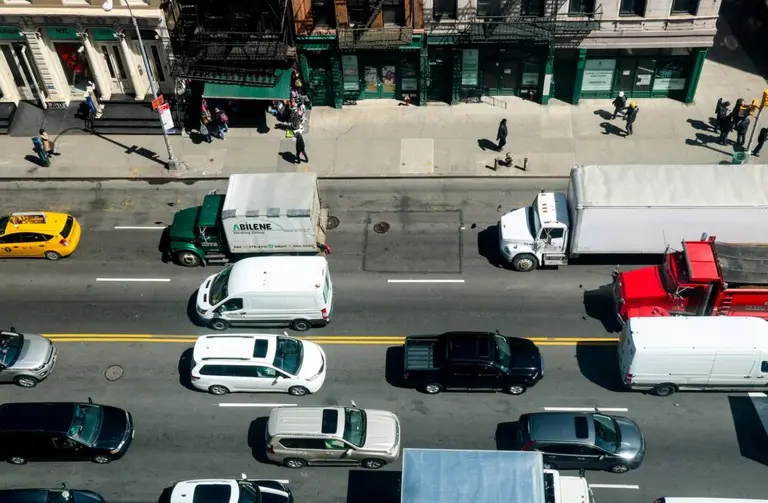

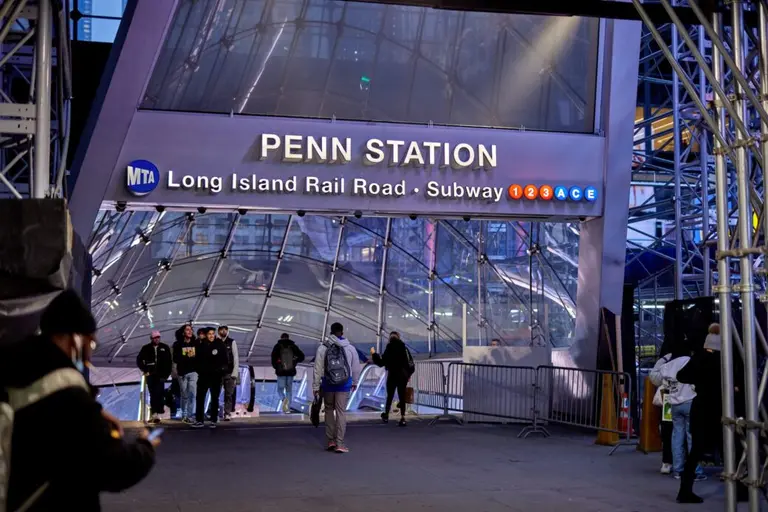






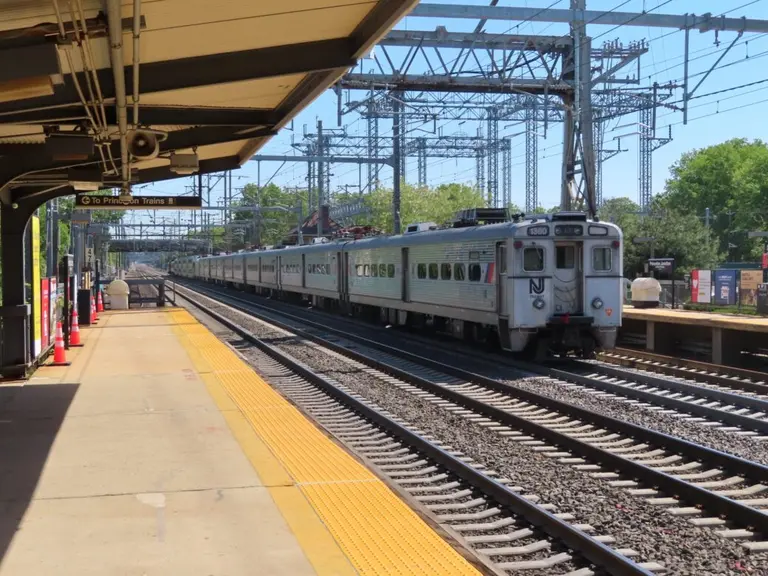
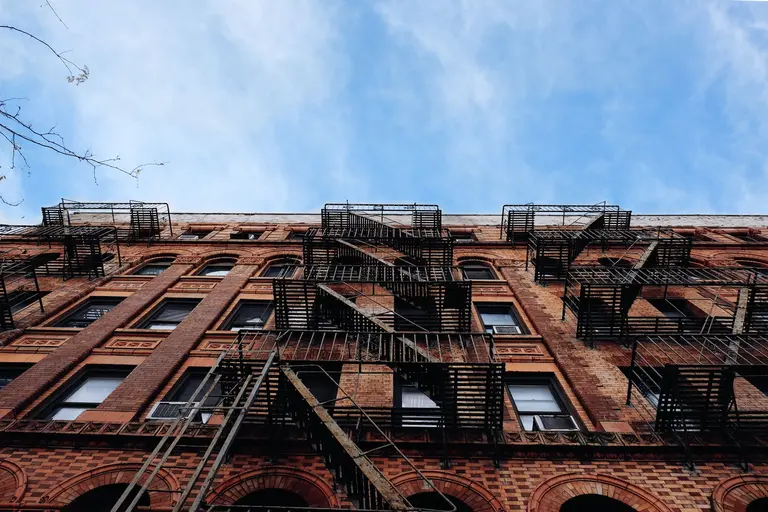



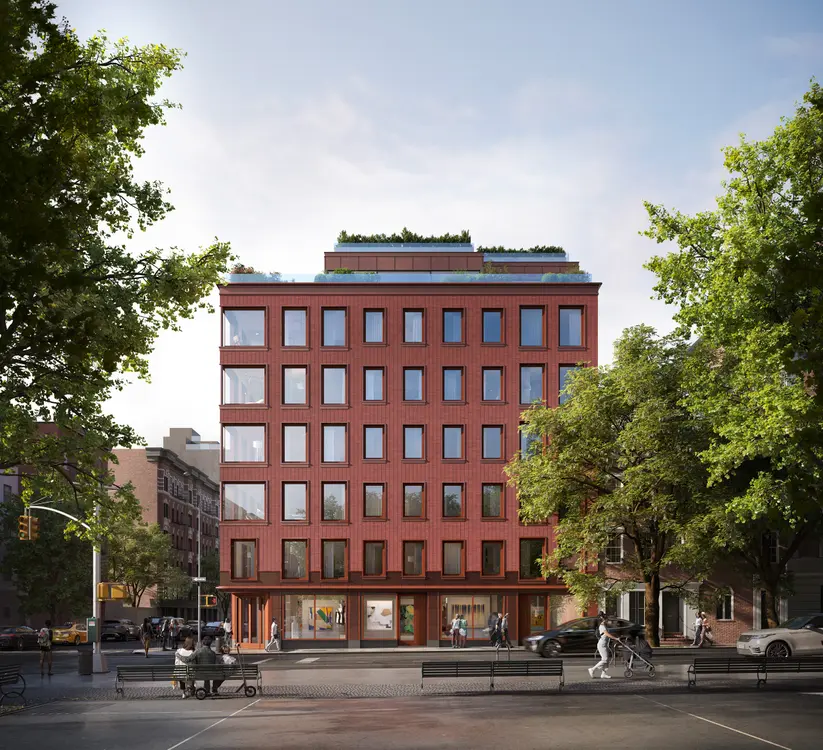









also build truly affordable housing in Windsor terrace, Kensington, south slope. cobble hill, etc these areas are lagging behind truly affordable housing, get the shovels in the ground, Brooklyn wealthy neighborhoods!!
It is disheartening to witness the distressing level of service provided to the most vulnerable members of our community, those in desperate need of vouchers. The current state of affairs is not only stressful but also raises serious concerns about accountability, mismanagement, and the potential for political corruption within these agencies.
In the coming weeks, we will be taking action to shed light on the alarming reality that our city’s bureaucracy is not only failing those in need but actively undermining the voucher system. There is a deliberate effort to shift responsibility onto landlords, creating smoke screens and distractions that divert attention from the agencies’ shortcomings.
It is imperative that we collectively advocate for change and hold these agencies accountable. The current situation is a disgrace, with voucher holders facing egregious abuses from a bureaucratic system that seems both cold and unresponsive. Caseworkers are ghosting their clients, and the blame game with landlords and brokers serves as a mass distraction from the agencies’ own failures.
If our city agencies were functioning at an average service level, landlords would be eager to secure tenants with vouchers. Instead, the broken system has left only the most vulnerable individuals with no alternative but to endure this toxic relationship with the agencies.
Our mission is clear: make New York City agencies work as they should. The abuses inflicted on voucher holders are unacceptable, and it’s time to expose the shortcomings of a system that seems to be run by friends of politicians with little regard for efficient service delivery.
In an era where technology has evolved, it is baffling that these agencies persist in using outdated methods such as fax and snail mail. The lack of accountability is alarming, and it is our duty to push for change.
Let us unite in our commitment to addressing this crisis. Our advocacy and collective voice can bring about the change needed to transform these agencies into efficient and accountable service providers. Together, we can ensure that no individual in our community is subjected to the indignities perpetuated by the current system.
Thank you for your dedication to this cause. Let us stand together and make a difference.